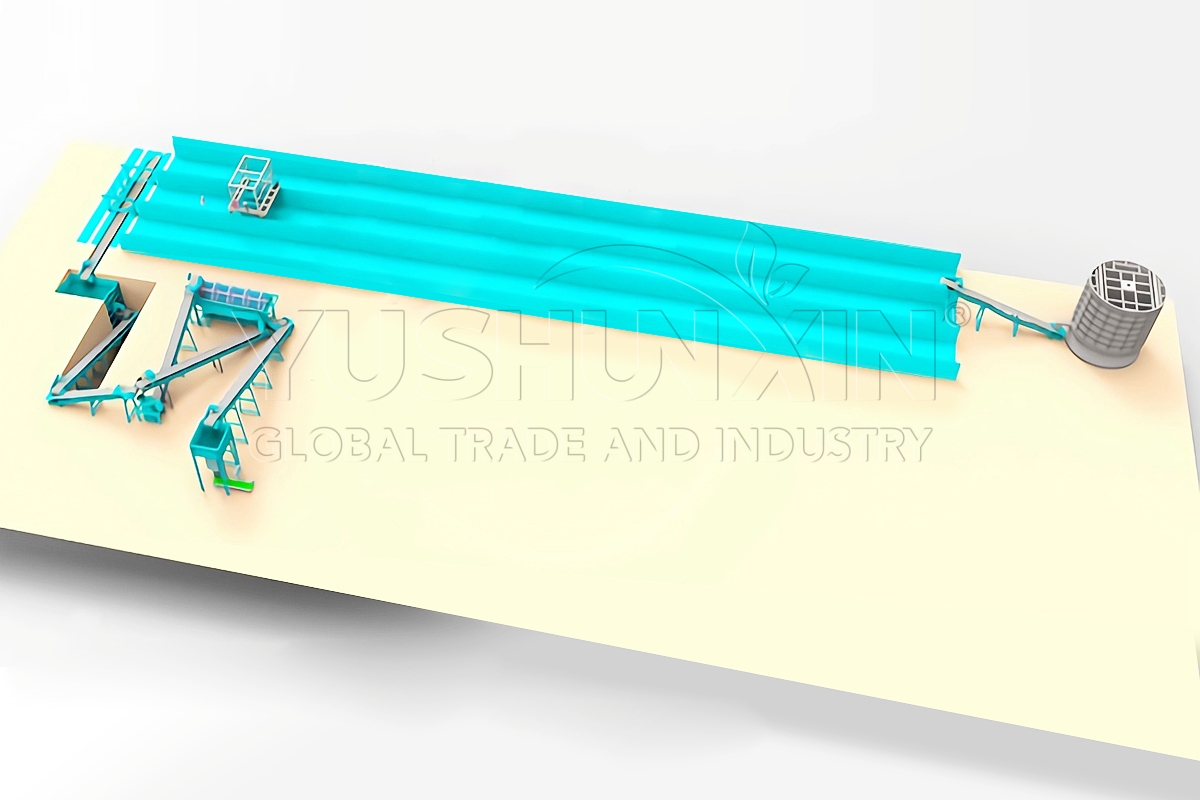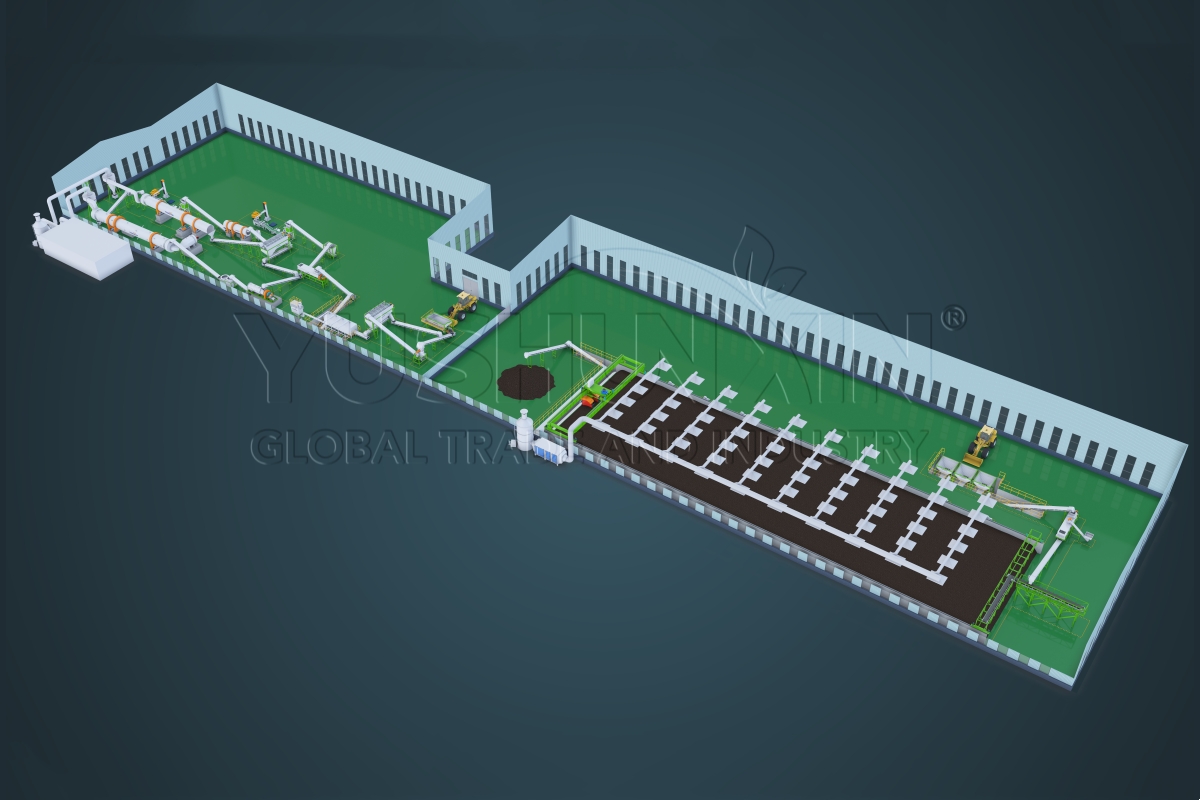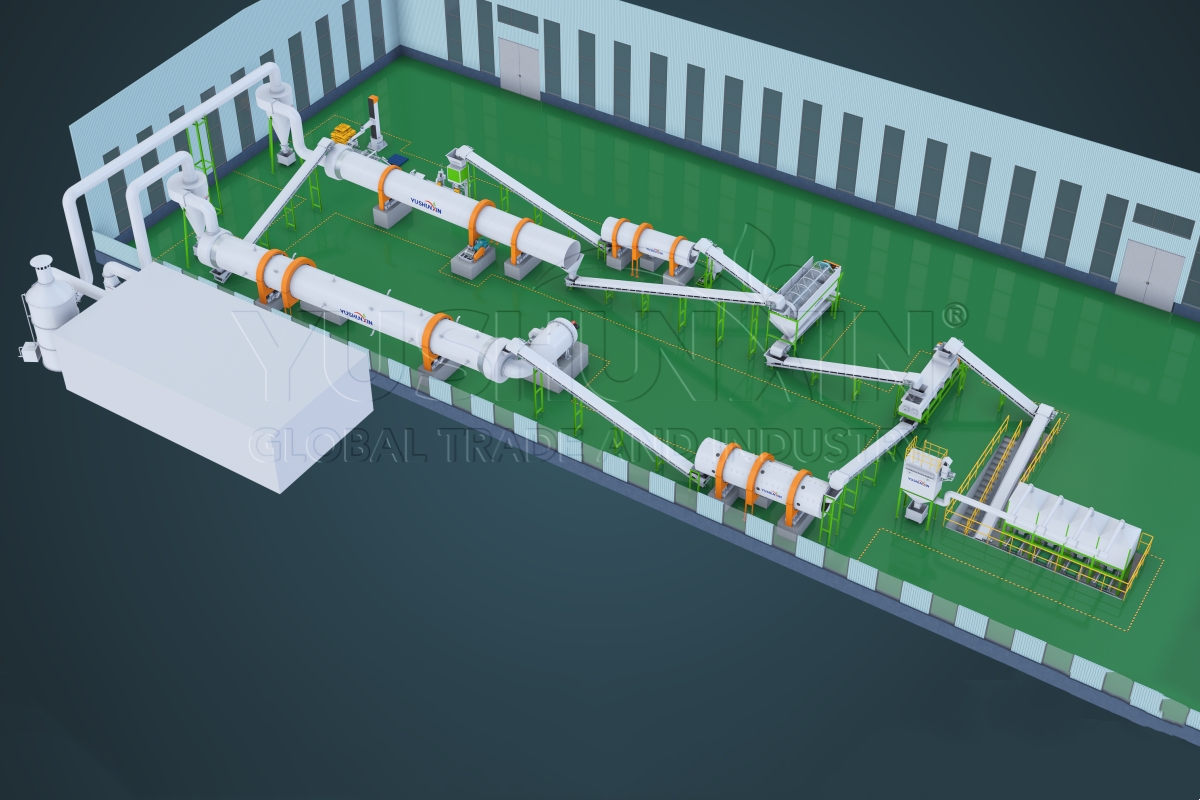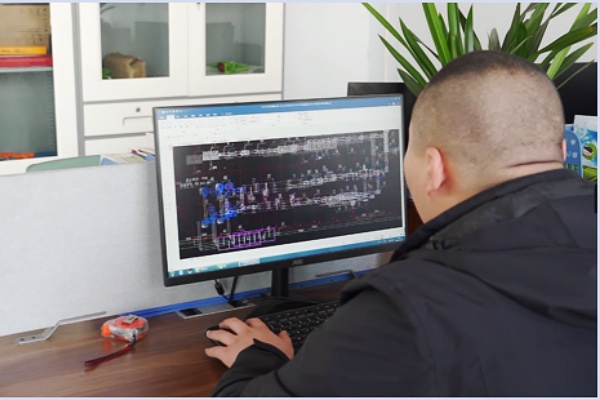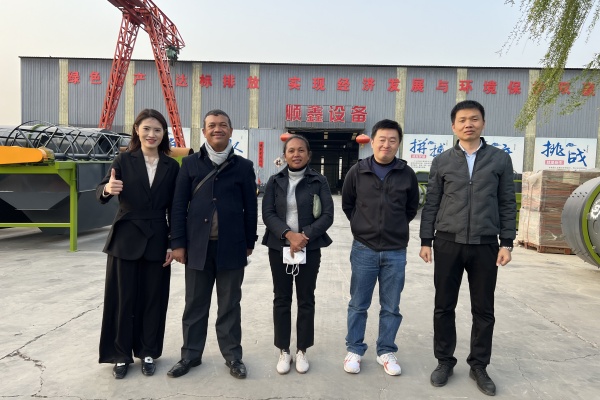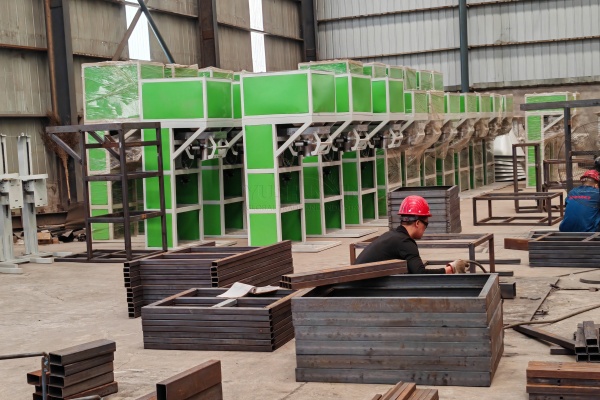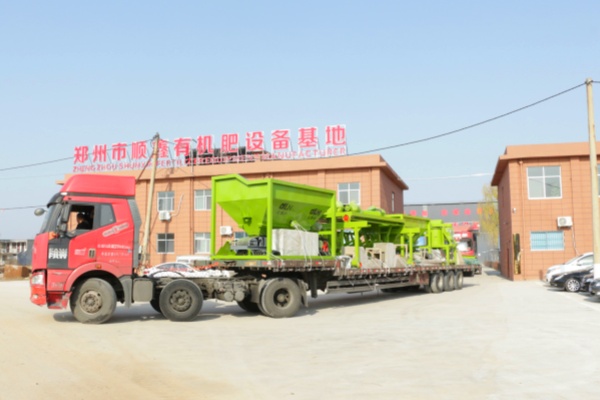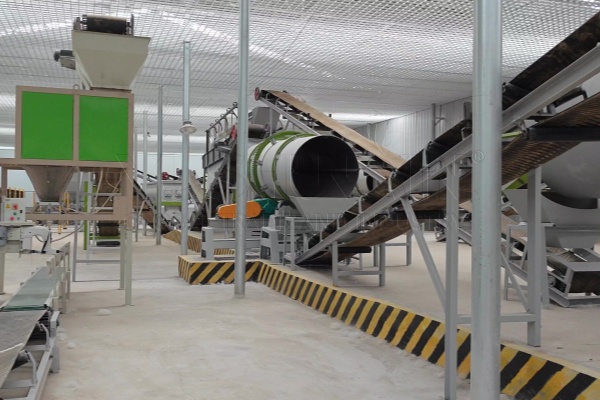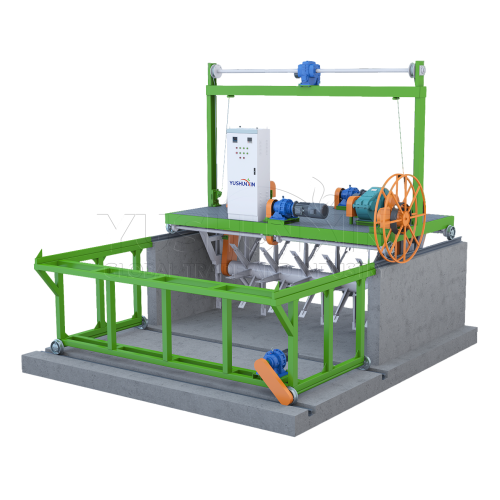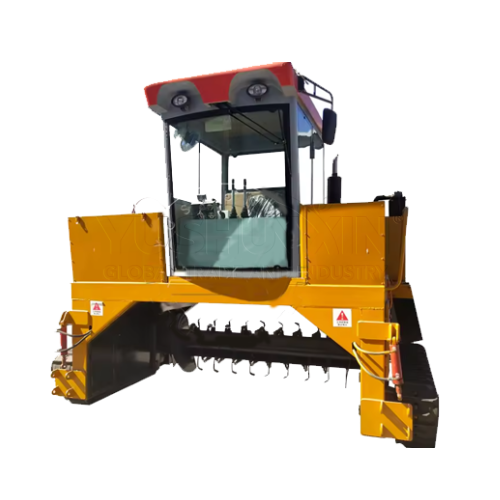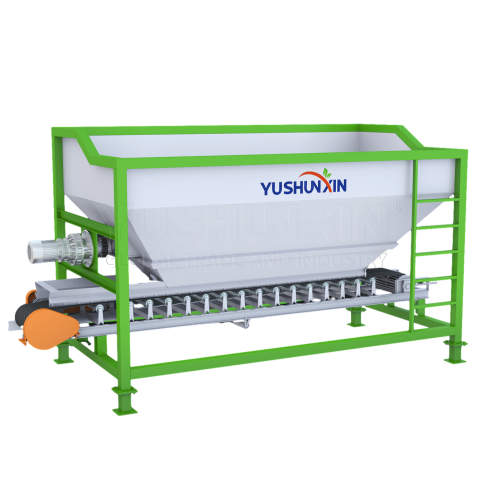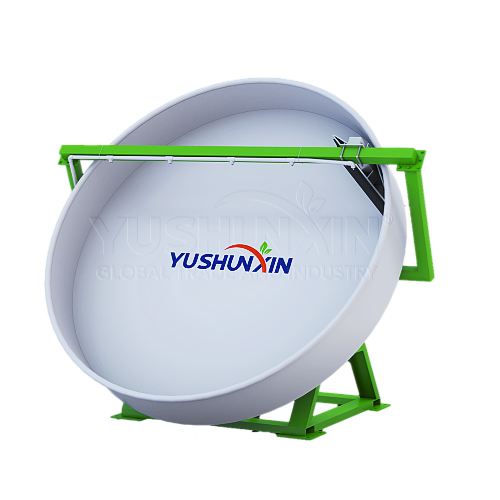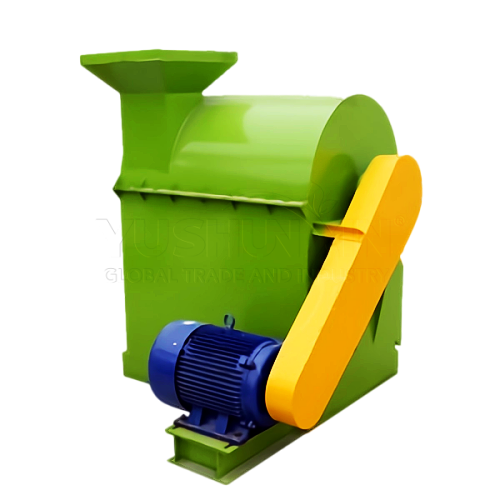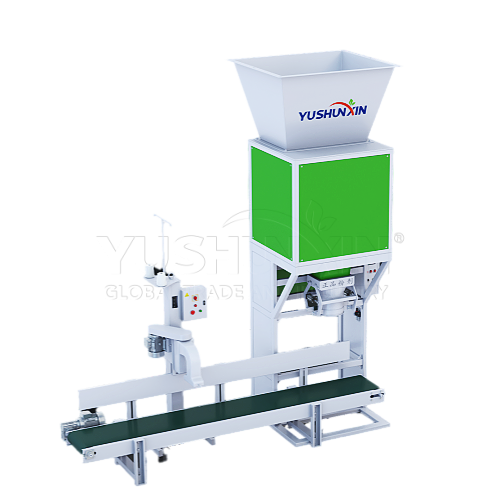How Much Does A 3T/H Organic Fertilizer Factory Cost in Malawi?
Producing high-strength NPK (Nitrogen, Phosphorus, Potassium) fertilizer pellets is crucial for enhancing agricultural productivity. At Yushunxin, a professional fertilizer equipment manufacturer, we specialize in providing advanced solutions for fertilizer production. The NPK fertilizer dry granulation process, particularly using a double roller granulator, is a key method for achieving durable and uniform pellets. In this article, we explore how to produce high-strength NPK pellets by dry granulation technique, focusing on important factors such as moisture control, particle size, auxiliary materials, and equipment optimization.
Why Is Moisture Control Important in NPK Dry Granulation?
In the NPK fertilizer dry granulation process, controlling the moisture content of raw materials is essential. Excessive moisture content, typically above 8%, can lead to machine blockage in the double roller granulator. This issue not only hampers production efficiency but also increases maintenance costs. On the other hand, insufficient moisture content, usually below 4%, may cause the pellets to fracture easily. Therefore, maintaining the moisture content within the ideal range of 4% to 8% is critical for producing high-strength pellets.
68-200 kW Diesel Generators for Electricity Supply to 1-20 T/H Powder Organic Fertilizer Production Line
At Yushunxin, we provide auxiliary equipment that helps in regulating the moisture levels of raw materials. By ensuring optimal moisture content, you can achieve a consistent granulation process and improve the overall quality of the NPK pellets. Moreover, proper moisture control enhances the performance of the double roller extrusion granulator, leading to higher production efficiency.
How Does Particle Size Affect Pellet Quality in Double Roller Granulation?
The uniformity of raw material particle size significantly impacts the quality of the pellets produced by the double roller granulator. Uneven particle sizes can result in inconsistent pellet formation and reduced strength. By performing appropriate sieving, you can ensure that the raw materials have a uniform particle size distribution. This uniformity allows for better compaction during the granulation process.
Adjusting the roller pressure and the gap between the rollers enables the production of pellets with different sizes. For instance, producing 3mm lime fertilizer pellets requires precise control of these parameters. Consistent particle size not only improves pellet strength but also enhances nutrient distribution in the final product. At our company, we emphasize the importance of particle size adjustment in achieving optimal results in the NPK fertilizer dry granulation process.
What Is the Role of Auxiliary Materials in Enhancing Pellet Strength?
Adding auxiliary materials plays a vital role in increasing the strength and stability of NPK pellets. Binding agents like bentonite and natural clay can be incorporated into the raw mix to improve cohesiveness. These materials enhance the hardness of the pellets, making them more resistant to breakage during handling and transportation.
By carefully selecting and adding the appropriate auxiliary materials, you can significantly improve the quality of the pellets produced by the double roller compaction granulator. Our expertise at Yushunxin allows us to advise on the best auxiliary materials for your specific raw materials and production goals. Incorporating these materials not only strengthens the pellets but also ensures consistent performance in the field.
How to Optimize Pressure and Speed in Double Roller Extrusion Granulator?
The pressure and rotational speed of the rollers in the double roller extrusion granulator are crucial parameters that affect pellet quality. Adjusting the pressure influences the compaction degree of the raw materials, which in turn impacts pellet density and strength. Higher pressure generally leads to stronger pellets, but excessive pressure may cause unnecessary wear on the equipment.
Similarly, the roller speed determines the residence time of the material within the granulator and affects the production rate. By optimizing the pressure and speed, you can control the quality and size of the pellets. Our double roller granulators are designed with adjustable settings, allowing you to fine-tune the operation based on the characteristics of your raw materials. This flexibility ensures that you achieve the desired pellet quality while maintaining efficient production rates.
In summary, producing high-strength NPK pellets by dry granulation technique involves careful consideration of several technical factors. Moisture control is essential to prevent machine blockage and pellet fracture. Adjusting particle size through sieving and roller gap settings leads to uniform and high-quality pellets. Incorporating auxiliary materials like bentonite and natural clay enhances pellet strength and stability. Finally, optimizing the pressure and speed of the double roller granulator allows for precise control over pellet properties.
Offering enough power for fertilizer production is a significant concern, especially in regions with unstable electricity supply. By working with Yushunxin, we suggest buy our advanced fertilizer equipment with a diesel generator, it is possible to meet the power demands efficiently. Furthermotr, our company provides not only high-quality fertilizer production equipment but also comprehensive solutions to secure reliable and cost-efficient power supply.




